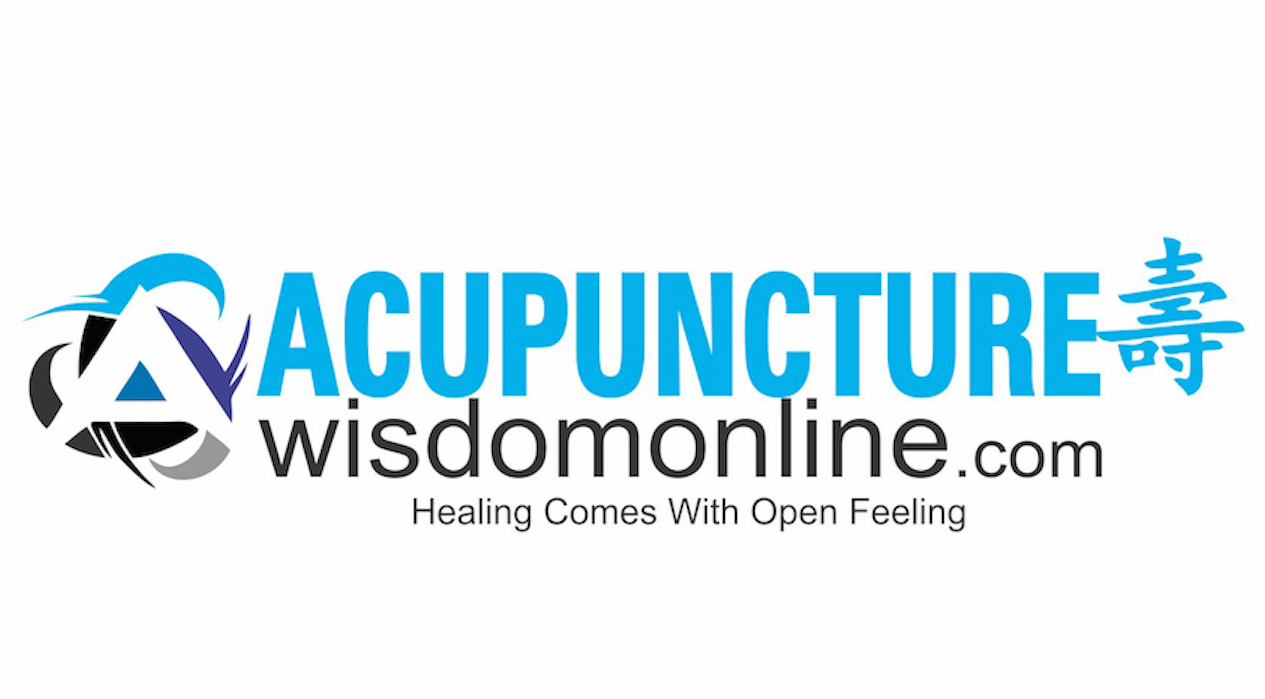
I can attest to this, I don’t recommend Stage 4 Nsclc to anyone. Deep inside of me I have experimented with “self healing” as a lifetime journey. Coming out with “best possible outcome” report from my last PET scan was and is now a lifetime experience. I feel blessed to have come through this experience.
Robin Jon Tim So
Contact Us by Clicking the LINK To BOOK an APPOINTMENT via the CONTACT FORM: Contact us today!
Have questions? Visit our Frequently Asked Questions page for more information.
The Benefits of Acupuncture in Modern Society
Modern Acupuncture Benefits for Pain Relief & Wellness
Modern Acupuncture is transforming healthcare by blending ancient wisdom with modern techniques to promote holistic wellness.
Modern Acupuncture integrates ancient techniques with contemporary practices to provide effective solutions for pain relief and overall wellness.
Modern Acupuncture, an ancient practice rooted in Traditional Chinese Medicine (TCM), has gained significant popularity in modern society for its holistic approach to health and well-being. As a therapeutic practice involving the insertion of fine needles into specific points on the body, acupuncture aims to restore the natural balance of energy, or “qi.” While it originated thousands of years ago, acupuncture has been adapted and integrated into contemporary healthcare systems worldwide. Today, its benefits extend beyond its traditional uses, offering a range of physical, mental, and emotional health improvements in modern society.
In today’s fast-paced society, stress and anxiety have become common issues affecting millions of people. Acupuncture offers a unique approach to mental health by addressing imbalances in the body’s energy flow that may contribute to stress and anxiety. Studies have shown that acupuncture can help regulate the autonomic nervous system, promoting relaxation and reducing the production of stress hormones like cortisol. As a result, patients often report feeling calmer, less anxious, and more emotionally balanced after acupuncture sessions. For those who prefer natural therapies to pharmaceuticals, acupuncture is an effective and holistic alternative for improving mental well-being.
2. Mental Health and Stress Reduction
In today’s fast-paced society, stress and anxiety have become common issues affecting millions of people. Acupuncture offers a unique approach to mental health by addressing imbalances in the body’s energy flow that may contribute to stress and anxiety. Studies have shown that acupuncture can help regulate the autonomic nervous system, promoting relaxation and reducing the production of stress hormones like cortisol. As a result, patients often report feeling calmer, less anxious, and more emotionally balanced after acupuncture sessions. For those who prefer natural therapies to pharmaceuticals, acupuncture is an effective and holistic alternative for improving mental well-being.
3. Complementary Treatment for Chronic Illnesses
Modern Acupuncture is increasingly being recognized as a complementary therapy in the treatment of chronic diseases. For individuals managing conditions like cancer, autoimmune disorders, or diabetes, acupuncture can help alleviate symptoms related to both the disease itself and its treatments. For example, cancer patients undergoing chemotherapy often experience nausea, fatigue, and pain. Acupuncture has been shown to reduce chemotherapy-induced nausea and improve overall quality of life. Similarly, for people with autoimmune diseases such as rheumatoid arthritis, acupuncture may help reduce inflammation and improve joint function. Its integration into conventional treatments has demonstrated the potential for enhancing patient outcomes and improving their ability to cope with long-term illness.
4. Enhancing Sleep and Treating Insomnia
Sleep disorders, including insomnia, have become prevalent in modern society, with many individuals struggling to achieve restorative sleep. Acupuncture has been used for centuries to promote better sleep by calming the nervous system and addressing the underlying imbalances that lead to insomnia. Research indicates that acupuncture can increase the production of melatonin, the hormone responsible for regulating sleep patterns. By promoting relaxation and reducing anxiety, acupuncture helps individuals fall asleep more easily and enjoy more restful and uninterrupted sleep, making it a valuable tool in treating sleep-related issues without the use of sedative medications.
Acupuncture offers many benefits for women’s health, particularly in areas such as fertility, pregnancy, and menopause. For women struggling with infertility, modern acupuncture can help regulate hormonal imbalances, improve blood flow to reproductive organs, and increase the likelihood of conception, either naturally or in conjunction with fertility treatments. During pregnancy, acupuncture can alleviate common symptoms such as nausea, back pain, and fatigue. Additionally, it is often used to prepare the body for labor and can even assist in turning a breech baby. For women going through menopause, acupuncture has been found to reduce hot flashes, mood swings, and sleep disturbances, providing a natural way to manage symptoms during this transitional phase.
6. Holistic and Preventative Approach to Health
One of the major advantages of modern acupuncture is its holistic approach to health and its focus on prevention. Unlike conventional treatments that often target specific symptoms, acupuncture views the body as an interconnected system. Practitioners aim to identify and treat the root cause of an ailment rather than just its symptoms. This preventative approach is especially appealing in modern society, where many chronic diseases and health conditions are exacerbated by lifestyle factors such as poor diet, lack of exercise, and stress. Regular acupuncture sessions can help maintain overall health, prevent illness, and support the body’s natural healing processes by restoring balance and energy flow.
7. Minimal Side Effects and Accessibility
Acupuncture is generally safe and has minimal side effects when performed by a trained practitioner. Unlike pharmaceutical treatments, which can come with a range of side effects, acupuncture is non-invasive and has a low risk of adverse reactions. The main risks, such as infection or minor bruising, are rare when proper sterile techniques are used. As more people seek natural and holistic alternatives to conventional medicine, acupuncture has become more widely accessible. Many health insurance plans now offer coverage for acupuncture treatments, and the growing number of licensed practitioners makes it easier for people to find reputable services in their local areas.
Conclusion
Acupuncture has evolved from an ancient healing art into a valuable therapeutic tool in modern society. Its ability to address a wide range of physical and mental health issues, from chronic pain and stress to sleep disorders and women’s health, makes it a versatile and effective treatment option. As more people seek holistic, natural approaches to health and wellness, acupuncture offers a safe, minimally invasive, and preventative option for improving overall well-being. With its growing integration into mainstream healthcare, acupuncture continues to provide substantial benefits for those looking to enhance their quality of life through a balanced and harmonious approach to health.
Have questions? Visit our Frequently Asked Questions page for more information.

Contact Us by Clicking the LINK To BOOK an APPOINTMENT via the CONTACT FORM: Contact us today!
Have questions? Visit our Frequently Asked Questions page for more information.

©2024 RobinTimSo


